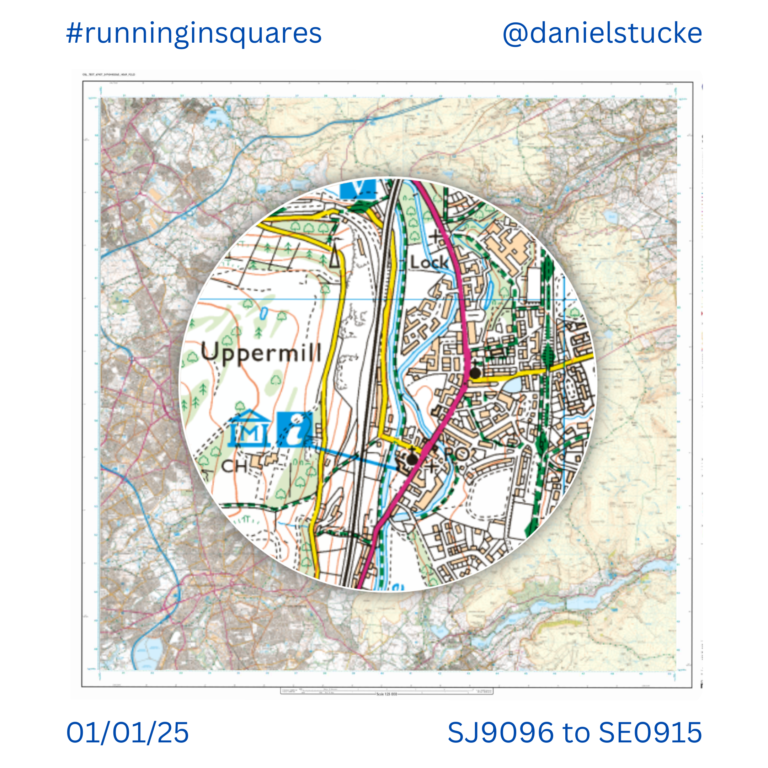Do Interactive Whiteboards (IWBs) Work?
Apparently a review of IWB use in London showed little benefit to a child’s progress from the use of IWBs.
Personally I’d be mortified if mine was taken away from me, but whether it actually benefits my pupils is an interesting question.
I can see the argument that many are simply used as glorified data projectors, and at times mine is too. However, when used ‘properly’ and integrated into a well planned lesson I do think that they focus students attention well and can speed up the understanding of ideas and processes.
One significant advantage is that they can significantly speed up my teaching of something, reducing the need for me to stop and draw diagrams, write out sums etc on the normal board. Sure I could have done this before with acetates or a simple projector but not as efficiently.
I still feel that even now, 2 years after the study mentioned above, my use of IWBs is in its infancy, there is a wealth of potential in them that will be unleashed by carefully crafted programs. At present we are very much using our old teaching styles and methods projected somewhat interactively onto these machines. We are often doing this with tools that were never designed for the job (Powerpoint, Excel etc etc). If we could address some of our learning objectives with software of the production quality of modern computer games we could see giant leaps forward.
I have never received training on the use of my board, but as a tech-savvy person have enjoyed finding my own way by playing about with things and seeing what works and what doesn’t. For someone with lesser ICT skills than myself I can see how an IWB is quite daunting.
Which reminds me, I have to help give a training session on IWB use to staff after half-term and this is going to need some careful planning. I guess we’re going to have people turning up with a vast range of ability – so differentiation is going to be key!! Any experience or ideas anyone has for this would be greatly received!

Dan,
I’ve had to do the same thing with my staff. I don’t use the IWB as much now as when I had one in my classroom – the one we have is in our computer lab in the schoo. Having said that, I have been able to use it a bit. Maybe you could do a short survey before to see what the comfort level is amongst the group. Group people together to build a lesson, with some novices and some of varying ability and then have the group work on the IWB as a group with you helping to troubleshoot or give suggestions. Have the groups brainstorm ideas – posted on the IWB with somethink like bubbl.us or gliffy with someone besides you doing the recording. Save it, send it to the group via email. Offer to go assist teachers with using it. I find that if I get it out of my hands and get interactive, there is a greater chance someone will use it.
Kelly
Thanks for the ideas! At present we plan to model a mini-lesson ourselves with staff as pupils, displaying as many board-skills as possible. We then intend to split staff into groups to plan a lesson together. I’m not sure whether to give them a lesson topic or to choose one themselves, the teachers will all teach different subjects. I like the idea of brainstorming it on bubbl.us and sharing ideas – thanks!
I’m also going to supply staff with a list of online resources that they can try out, flickr, bubbl.us etc etc. I’ll post that up here when it’s done.
I’m still waiting on a list of attendees, once we have it we’ll see best how to split into groups. I’m going to have 8 rooms, so we’ll have to think carefully about: group size – more ideas vs less time at a board; group make-up – subject/experience etc..
I’ve set-up a little online questionnaire to try and gauge current experience and skills they want to see.
Hi Dan. Now I get to it, I see that you are already planning to do what I was going to suggest – getting them to plan a lesson.
Is the audience too disparate to create groups of teachers from the same subjects? It would be great if they could bring along a real topic they are about to teach and then work on how the whiteboards could enhance the teaching and learning for that topic. The key, if we agree with what the DFES study says, is to keep the focus on learning and teaching methodology rather than on technology. Low level use of whiteboards might sound like “how could we use that drag and drop thing here” whereas high level use would sound more like “we should incorporate an opportunity for peer assessment here – could the whiteboard help with that?”